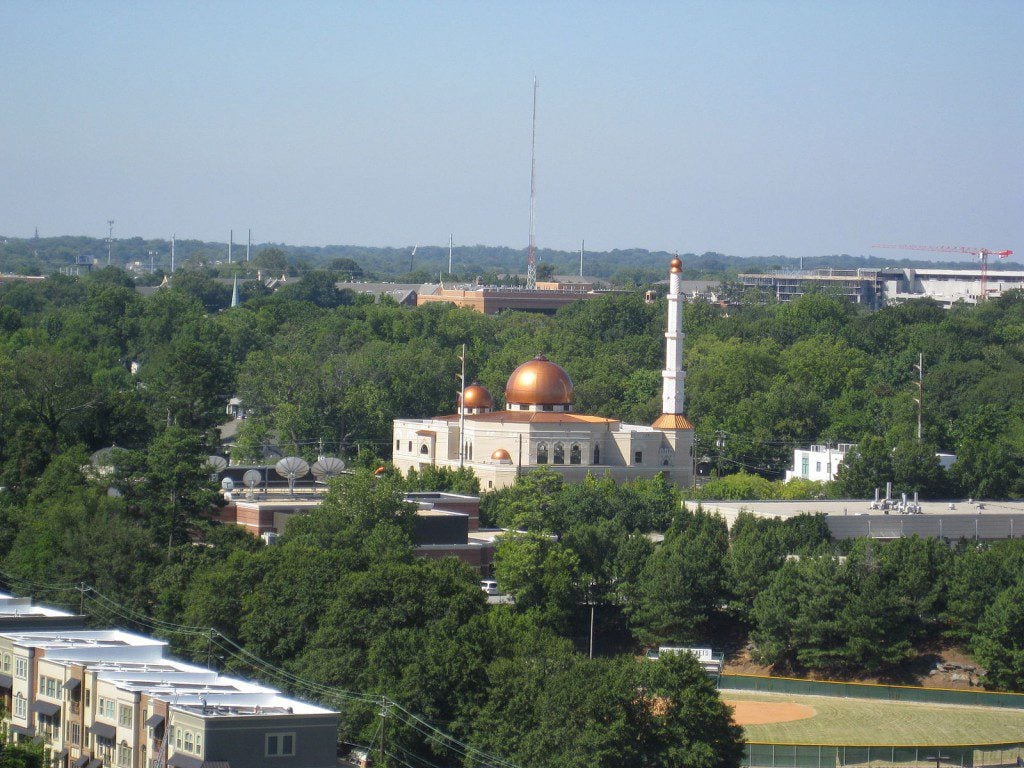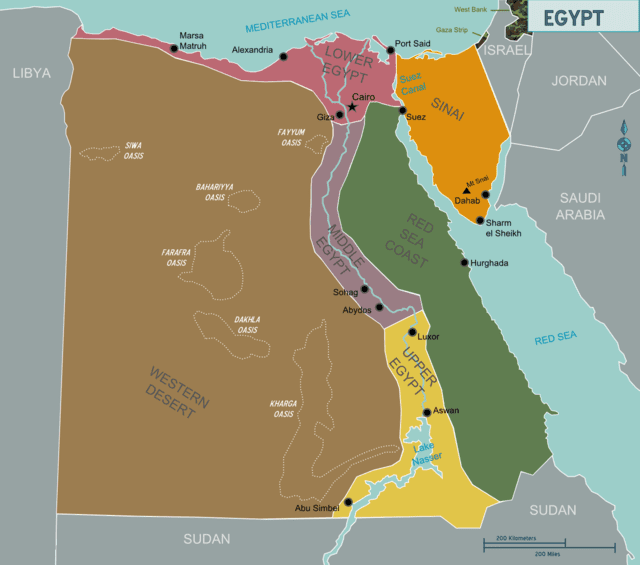
Continuing with my manuscript on Islam for Latter-day Saints:
So far, I have emphasized the similarities between Islam and Christianity Specifically, I have concentrated on resemblances between Islam and the restored gospel. This has been deliberate. I have tried to correct the misperception held by many people that Islam is a totally foreign religion, even a form of paganism. Such opinions are far from the truth. Islam is a child of Abraham, a half-sister to Christianity and Judaism. It is true that there has been a long historical antagonism between Islam and Christendom, and it is also true that no such hostility exists between Christianity and Buddhism, or Christianity and Hinduism. This is not a refutation of the close relationship that exists between Islam and other Abrahamic religions. The historical rivalry between the Dar al-Islam (“the abode of Islam”) and Christendom is actually a result of their close relationship: Domestic hostilities, or civil wars, are often far worse than conflicts between strangers. Islam and Christianity are so similar that the differences between them loom large by contrast. (Buddhism and Hinduism, on the other hand, are so different from Christianity that they have virtually no common ground upon which to have a conflict.) Furthermore, there is the historical fact that Christianity and Islam have often faced off over shared borders. Such squabbling over territory has never been a factor in Christian relations with the religions of India. It must be remembered that Islam is a monotheistic religion closely related to Christianity. It is this point that Elder Parley P. Pratt attempted to make in 1855:
I am aware it is not without a great deal of prejudice that we, as Europeans, and Americans, and Christians in religion and in our education, so called, have looked upon the history of Mahomet, or even the name; and even now we may think that Mahometanism, compared with Christianity as it exists in the world, is a kind of heathenism, or something dreadful, and the other we look upon as something very pretty, only a little crippled; and for my part, I hardly know which to call the idolatrous side of the question, unless we consider Mahometanism Christianity, in one sense, and that which has been called Christianity, heathenism.[1]
It is entirely incorrect to regard Islam as paganism, when it is actually a religion closely akin to our own. There is, however, an equal and opposite error, which I also wish to correct. Perhaps Elder Pratt himself fell into it. I remember, some years ago, a conversation with a Latter-day Saint friend who had visited the Near East on several occasions. We were talking about Islam and about the long-term prospects for spreading the gospel in the Arab world. He was much more optimistic than I. To my astonishment, this intelligent man told me that he felt that Muslims were virtually Mormons already and that all we needed to do was to clarify a few truths that they had gotten confused and perhaps to add a few doctrinal touches. Now, I’m all for a sympathetic understanding of the religions of other people. I do like to emphasize areas of common understanding. (I hope this book itself is evidence of that.) But to suggest, as my friend did, that, because of their abstinence from alcohol and their belief in strong family ties, Muslims are nearly Mormons is to misconceive both the nature of Islam and, I firmly believe, of Mormonism. There is more to the restored gospel, far more, than merely the Word of Wisdom and Family Home Evenings.
So, having labored at some length to establish similarities between the teachings of the Qur’an and the teachings of the Latter- day Saint scriptures, I must now mention some of the ways in which they diverge. And it must be said that Islam has further diverged from the teachings of the Qur’an, and from what we as Latter-day Saints regard as the truth, in the years since the passing of Muhammad. (Almost all Muslim thinkers would passionately reject this claim. Indeed, they have vehemently rejected it at academic conferences where I have advanced it. It remains my opinion, though, and is a carefully considered and well-documented view.)
[1] Journal of Discourses 3:38.











